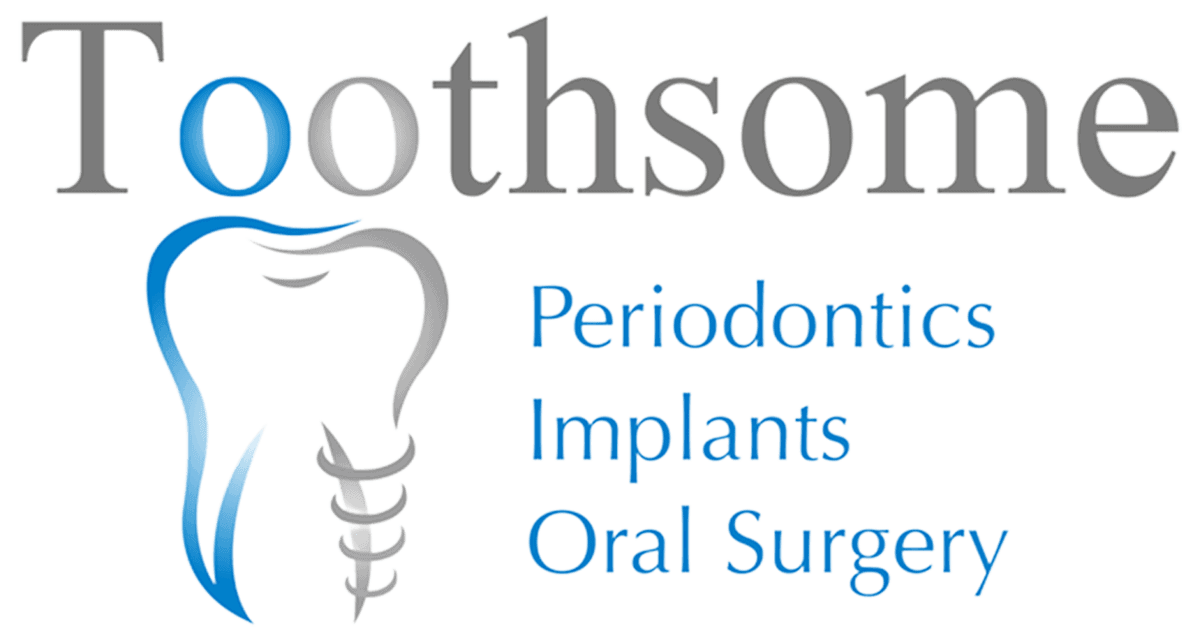
Dental implants are an innovative and realistic method for restoring your smile and your oral health. Dental implant surgery may involve some discomfort after the procedure, but this is carefully managed by your dental professional. Since it is a somewhat invasive surgery, it’s good to know what the procedure entails so you can ask questions and feel prepared.
Why Dental Implants?
Dental implant surgery is performed to replace a missing tooth or several missing teeth. Dental implants are a more permanent option than dentures or a dental bridge, and they can help prevent bone loss in the jaw from missing teeth.
If you are missing a tooth, the space and subsequent bone loss can cause surrounding teeth to shift. Restoring a missing tooth can also prevent the build-up of bacteria in and around the missing teeth preventing tooth decay and possible gum disease.
Dental implant surgery can restore your smile, maintain your oral health and enable you to enjoy your favourite foods.
Consultation and Planning
You’ll first consult with your dentist to discuss the placement of your dental implants and determine whether additional teeth need to be removed. Your dentist performs an evaluation of the health of your gums and supporting jaw structure. If your mouth is suitable for implants, you’ll be ready for the next step in the process.
Possible Additional Work
If teeth need to be extracted, it will be done with local anaesthetic or if you prefer, under general anaesthetic. Any pain after a tooth extraction is managed with strict instructions and pain relievers.
If you need bone grafting to provide additional support for the dental implant, this procedure will be performed before or at the time of the implant surgery. Bone grafting surgery is performed with minimal discomfort, and patients are prescribed antibiotics to prevent infection.
Getting Dental Implants
During the dental implant procedure, your dentist will surgically place a tiny biocompatible screw into your jaw. Over several weeks, the dental implant fuses with your jawbone to provide a stable anchor for your artificial tooth.

Once the site has healed, you will return to have an abutment placed on the implant, and a crown placed on top of the abutment.
You can treat dental implants like your natural teeth, brushing and flossing as normal. With proper care and good oral hygiene, dental implants can last a lifetime.
What to Expect After Your Procedure
Generally, dental implant pain is not immediate. Your dentist administers anaesthetic to dull the nerves, and this prevents you from feeling anything other than pressure and vibrations from the tools.
Most dentists use a strict protocol when using an anaesthetic, so communicating with your dentist while you are in the chair will ensure the least amount of discomfort possible during the procedure. Everyone has different reactions to dental procedures, so let your dentist know how you are feeling.
Within hours of the anaesthetic wearing off, you might begin to feel some aches or soreness associated with your dental implant surgery in your mouth and jaw.
As the healing begins, eat soft foods, rest, and limit your activity. Your body will need to mend itself after surgery.
Your dentist will advise you how to manage dental implant pain and may prescribe pain relievers to alleviate the discomfort.
For the fastest recovery, you must adhere to the post-procedural instructions from your dentist. This may also include icing any areas of swelling for intermittent periods for the first few days.
It is normal to experience some slight pain once the anaesthesia wears off, and you can expect some swelling or other discomfort depending on the number of teeth that are implanted and the extent of your dentist’s work.
If you follow your dentist’s instructions for recovery, the dental implant pain should be controlled with medications and will subside.
You should be able to resume eating normal foods in 7-10 days with proper rest and recovery.
Avoid smoking for at least a week after dental implant surgery, as the chemicals significantly affect the healing process.
Final Thoughts
If you have had a dental procedure to have a dental implant, there will be some degree of discomfort due to the invasiveness of the treatment and the sensitivity of the mouth and jaw. In most cases, pain from dental implant surgery will usually alleviate over 10-14 days.
Pain that lasts longer or recurs may require immediate treatment.
The Specialist Periodontist and Dental Surgeon at Toothsome are available and on-call to assist you with dental implants, or pain related to dental implants. Call us for a consultation.
Any surgical or invasive procedure carries risks. Before proceeding, you should seek a second opinion from an appropriately qualified health practitioner.


